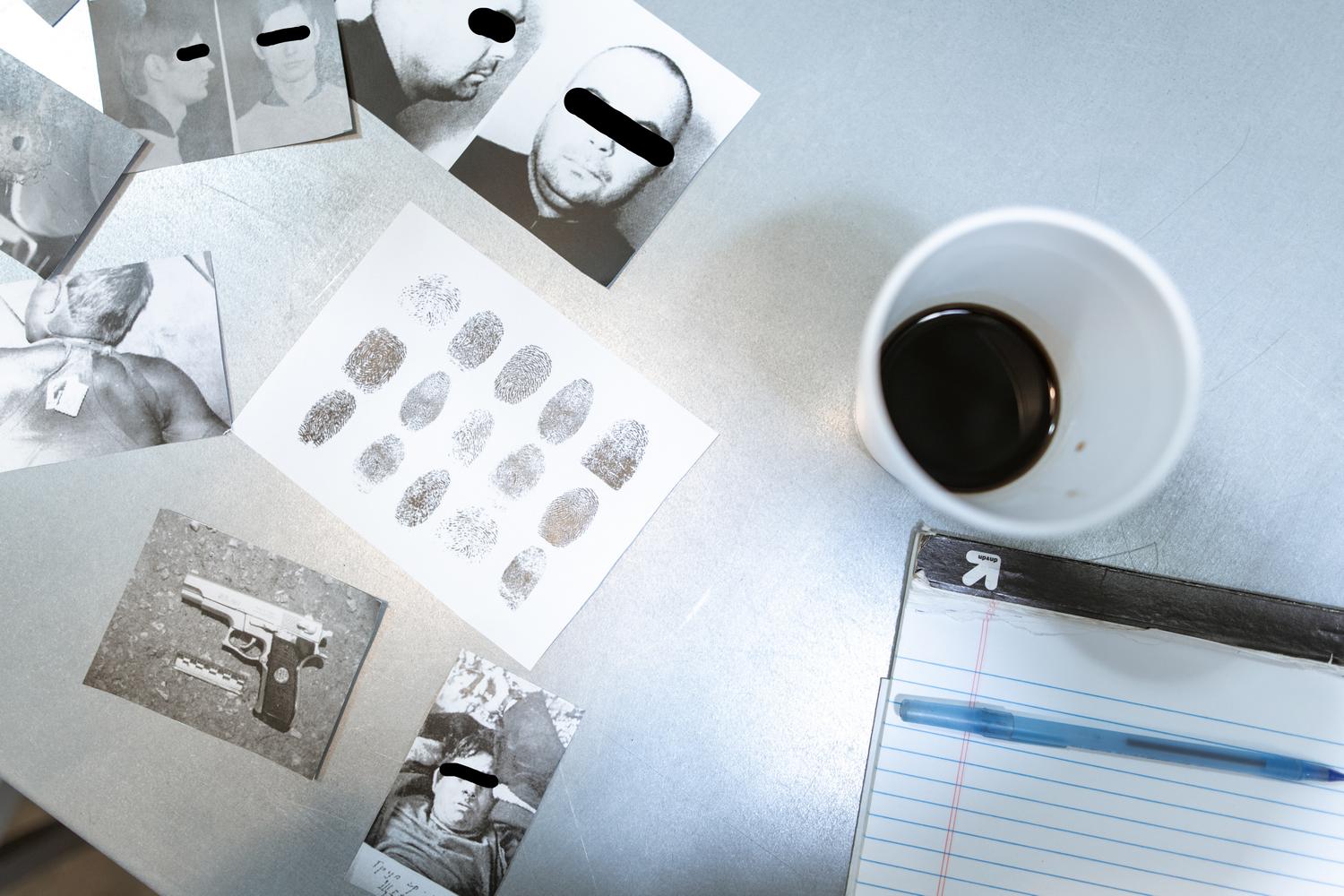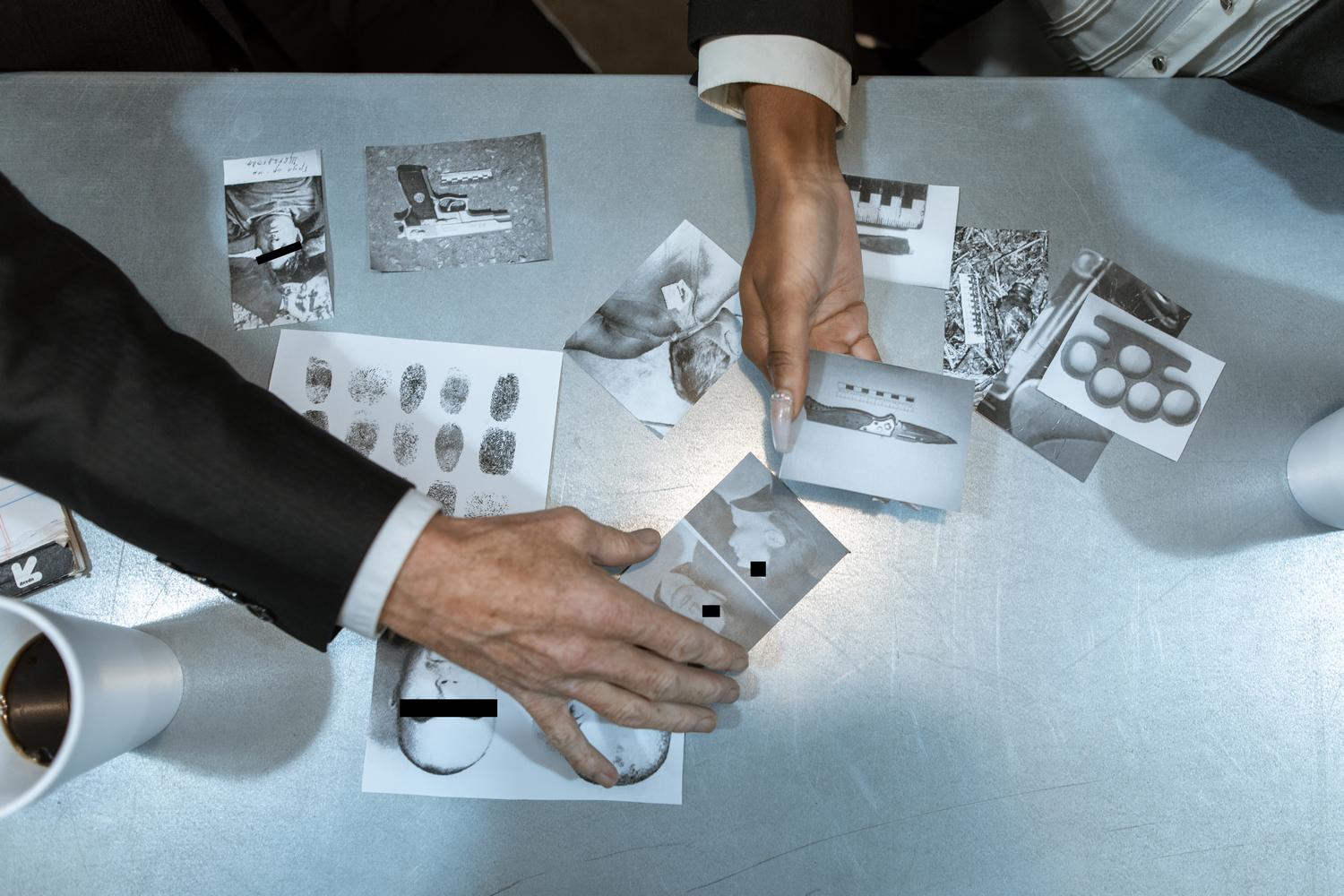
What can a professional detective do and should not do?
Ostania aktualizacja 26 August 2023
What can a professional detective do and should not do? A detective is a profession that little is still known to ordinary laymen. It is definitely not worth learning about the media – be it books, movies or television. The reason is simple: very often the detectives’ capabilities are simply exaggerated – including their powers. So what can a detective do, and what actions are one hundred percent illegal? We present examples that will allow you to compare reality with colored fiction.
Act regulating the scope of detective’s work
Detectives cannot afford too much: they do not even have half the possibilities at their disposal, whether police or special services. Not only that – even licensed detectives have powers slightly higher than private individuals. The detective’s work, its privileges and restrictions are regulated by the Act of 6th July 2001 on detective services (Journal of Laws of 2014, item 273 as amended).
- https://www.medisines.pl/czym-sie-kierowac-wybierajac-laptop-do-pracy/
- https://www.szepto.pl/sztuczne-kwiaty-we-wnetrzu/
- https://www.mabo.info.pl/tresci-w-internecie-pozycjonowanie-stron/
According to the Act, the detective’s task is to collect, process and provide the client with information about persons, objects and events, while the activities performed by the detective may not fall within the scope of the work of state organs and institutions, including police, intelligence or special services.
Each detective office must be registered as an economic activity (in accordance with the Act on economic activity), as well as insured.
Detective License
To be able to provide detective services in Wroclaw , you must have a valid license. Of course, you’ll need to meet a long list of requirements to get it:
- 21 years old;
- no criminal record for intentional offenses;
- at least secondary education;
- full legal capacity;
- positive opinion issued by the commander of the poviat police;
- positive passage of medical and psychological examinations;
- the person applying for a detective license has not been disciplined from police, army, court and similar institutions for the last five years.
The detective license is issued locally by the voivodship police commander. The detective is obliged to show her if he is asked about it – so that the license can be read the name and the authority that issued the license.
There are instances in which a detective may lose his license: when he fails the periodic examination or an intentional offense is initiated against him.
Each licensed detective is in the records of detectives. It is run by the Department of Permits and Licenses of the Ministry of the Interior and Administration.
Only legal actions
The customer has no right to expect that detective services will be performed for him which are not one hundred percent legal. These include, for example, wiretapping: the detective is not allowed to mount monitoring devices, as well as to obtain information based on materials collected by them, and to pass them on to third parties. All operational and reconnaissance methods and activities that were previously reserved solely for the police and special services are prohibited; these include spyware, locators, hidden cameras and the like.
There is a departure from the prohibition on wiretapping. Such devices can be mounted in a place or vehicle that belongs to the person ordering the investigation; the customer’s car or apartment can be fully monitored, of course only after obtaining the written consent of that person.
The detective does not have access to the police database, which is why they cannot use the help of the police during their investigation – for example, they cannot ask to check who the registration number or details of a particular investigation belongs to. If a police officer or military officer gives them this information, then it is illegal.
However, professional secrecy works for the detective. The detective is under no obligation to disclose to anyone the details of his activities or the methods he uses, unless he is released from this secrecy.
Data processing
Although detective services limit many bans, detectives also have their privileges. These include the possibility of processing personal data without the knowledge and consent of a specific person. The only condition is conducting an investigation that requires such an action (this is confirmed by a previously written contract).
The processing of personal data may take place only in accordance with the Act on the protection of personal data, and after the end of the case – destroy all documents that contain such data.
By contract only
Investigators are not allowed to work illegally – in this case it means that they have to sign a contract with the client for each case, and in cases that also apply to other bodies (e.g. when collecting documentation for a divorce case) also the institution (in accordance with this example – the court).
Quite often, detectives are called as witnesses in court; then a report is useful which they are required to write after each investigation.







